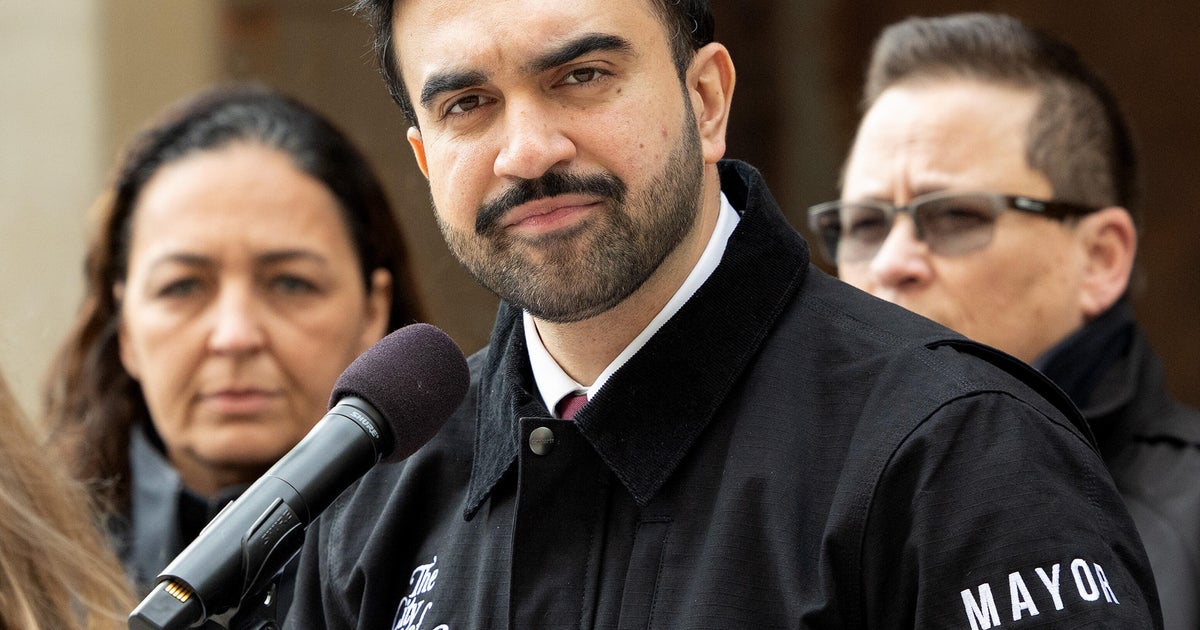Governor, Legislative Leaders Still Can't Agree On Pension Reform
CHICAGO (CBS) -- A meeting between Gov. Pat Quinn and the state's four legislative leaders ended Friday afternoon without much progress towards pension reform, and it appears next week's special session won't bring a solution.
WBBM Newsrdadio Political Editor Craig Dellimore reports the governor met with the leaders for nearly two hours, but when Senate Minority Leader Christine Radogno (R-Lemont) emerged from Quinn's Chicago office, she suggested little had been accomplished.
"I kind of felt like I was witnessing an awkward family fight," she said. "It was uncomfortable. It's clear that there's not agreement; even close to agreement between the Democrats."
House GOP Proposes New Tax Breaks For College
The state's five public employee pension systems have a combined shortfall of nearly $100 billion in funding needed to pay for retirement benefits promised to current and retired workers.
House Speaker Michael Madigan said the governor is now backing his pension reform plan again, rather than asking lawmakers to approve legislation that would combine the speaker's plan with Senate President John Cullerton's competing proposal.
"He indicated that he is still supportive of the House pension bill – better known as Senate Bill 1 – that he would work from now until Tuesday or Wednesday on behalf of finding more senators to vote for that bill," he said.
While Madigan's plan would save more money than Cullerton's plan, Cullerton's plan is widely viewed as being more likely to found constitutional by the courts.
Quinn told the four legislative leaders he wants the Senate to vote again on Madigan's plan when they meet for a special session on Wednesday.
"It's comprehensive public pension reform. All four have voted yes, so I think it's important that everyone participate in getting a majority of the Senate – at least 30, hopefully 36 – to vote yes on Wednesday," he said.
Now that the legislature's spring deadline has passed, the plan would need 36 votes to pass and become effective immediately. A simple majority vote would not allow it to go into effect until next June.
Cullerton said he doubts there are enough votes to pass Madigan's plan in the Senate, but he agreed to call a second vote on the plan as the governor asked.
"We'll be happy to accommodate him, and it gives him a week to work on trying to get some senators to vote for this. However, the bill got 16 votes, and it will require 36 votes," he said.
Earlier, the governor had asked Cullerton to pass legislation combining both Cullerton's and Madigan's plan together, with the speaker's plan taking effect first, and Cullerton's plan as a backup if the courts struck down Madigan's.
Madigan suggested that plan was too complicated. He later filed an amendment to Cullerton's plan – which is now in the House – essentially replacing it with his own.







